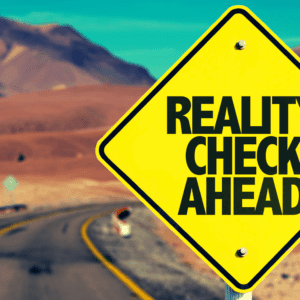Looking to discover the benefits of a vegan or vegetarian diet?
Then drop that steak and get over here!
Thankfully due to popular demand, transitioning to a vegan or vegetarian diet has never been easier. Rainbow grilled cheese, juicy beyond meat burgers, and oat milk lattes have popped up in food trucks and hipster cafes around the world. Now it is just a matter of discovering what option is right for you.
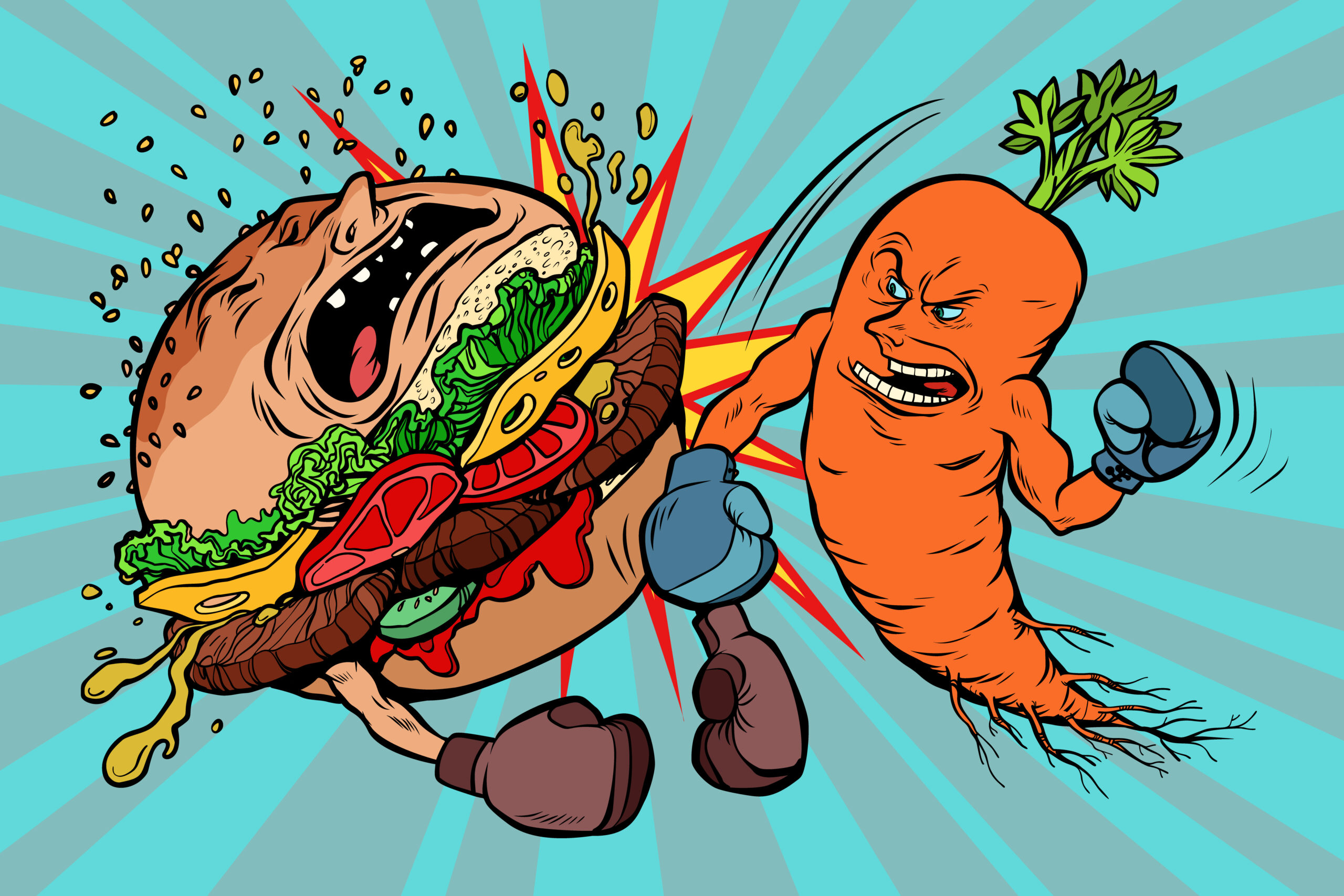
What is Veganism?
Veganism is the ethical and dietary choice to not consume meat or animal products. This includes all forms of meat, fish, dairy, eggs, and honey. Vegans also avoid wearing and using products that exploit, harm or promote animal cruelty. Examples are leather, rubber, wax paper and wool. Being vegan is not only a diet but an ethical stance. As vegans feel the world has a moral obligation to take care of and protect animals and our environment.
What are the different types of Veganism?
There are 5 main types of vegans: whole-food vegan, junk food vegan, raw food vegan and fruitarians. Each version of veganism comes with its own unique diet, beliefs and attitudes about what it means to be vegan. Whole-food vegans focus on consuming unprocessed, organic and natural foods. While Junk food vegans are the most relaxed of the bunch, following veganism for ethical reasons, not the health benefits. Raw vegans only consume raw food that has not been heated above 118°F. While fruitarians have the most strict lifestyle, as their diet mainly consists of raw fruit and a small percentage of vegetables and healthy fats.
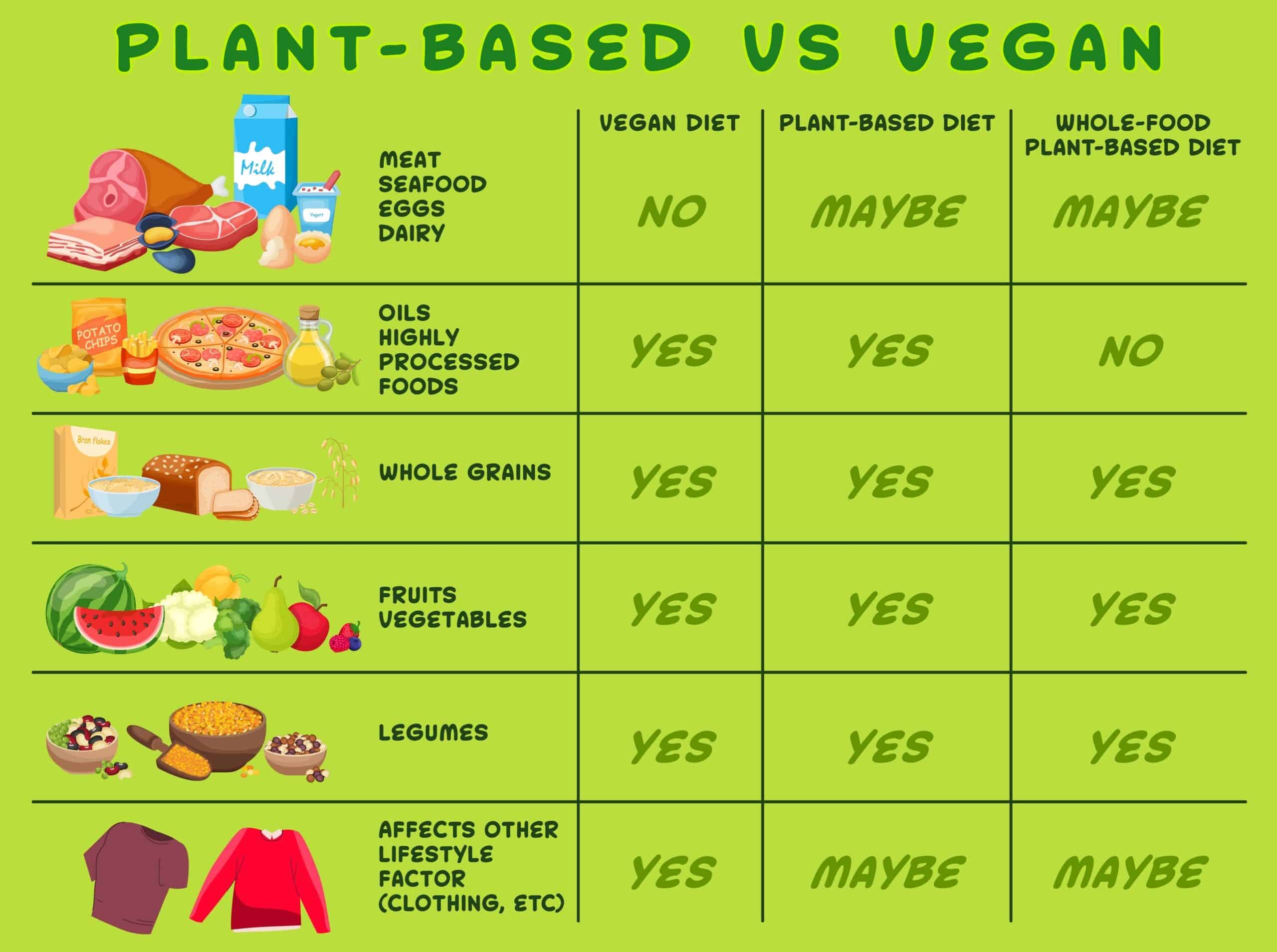
What is the difference between Plant-Based and Veganism?
You may have heard of a plant-based diet and are wondering how it is different from veganism.
A plant-based diet is very similar to veganism, as they do not consume meat, poultry, fish or animal by-products. Even so, the followers of a plant-based diet do not necessarily subscribe to the same ethical practices as vegans.
So if you want to explore the vegan diet, but still want to wear leather, this might be the right option for you.
What are the benefits of a Vegan Diet?
Veganism has many health benefits, with studies showing a reduced risk of heart disease, type 2 diabetes and certain cancers. A vegan diet has also been shown to improve LDL “bad” cholesterol levels, as it is lower in saturated fats. The diet is also high in fibre, resulting in improved digestive health, lower reports of constipation and a reduced appetite. Vegans are also more likely to maintain a healthy BMI and weight, with many professional athletes raving about the benefits of their vegan lifestyle.
What are the challenges of a Vegan Diet?
An unbalanced vegan diet can result in low iron levels and vitamin B12. Meaning doctors often recommend that vegans supplement, to reduce chances of vitamin or mineral deficiency. Dining out and grocery shopping can also be difficult, with vegan alternatives hard to find on grocery store shelves. You may also notice an increase in your grocery bill, as vegan product manufacturers typically charge a premium. Unless all your friends and family are also vegan, social gatherings can be challenging. Not everyone is very understanding of the vegan lifestyle and this can cause some vegans to feel isolated. It is helpful to reach out to others in the vegan community, especially when you’re first exploring veganism.
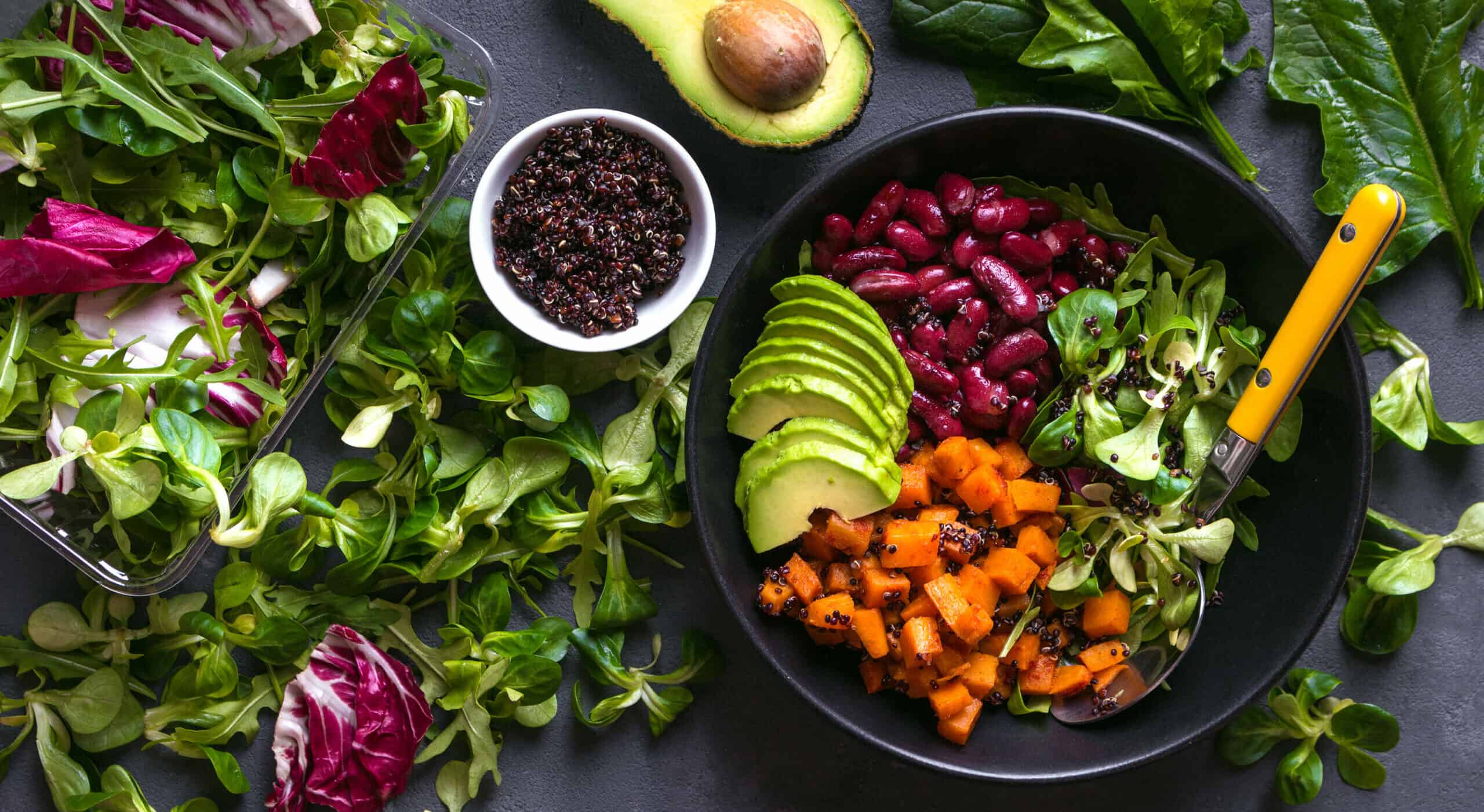
How to transition to a Vegan Diet?
Start out slow. Too many people jump into veganism head first and then fail miserably. It can take time to find out which products and replacement foods you prefer. Are your an almond milk or soy milk type of person? Do you prefer tofu or tempeh? Try slowly incorporating vegan foods and dishes into your diet. Such as swapping out your coffee creamer for oat milk, or having a hearty bowl of oatmeal, instead of your regular scrambled eggs. Try to also keep your eyes out for nearby vegan restaurants and cafes. Often this is a great way to try out new dishes and discover new vegan recipes. The vegan community is also very welcoming, with online communities and in-person festivals a common occurrence.
What is Vegetarianism?
Vegetarianism is when an individual avoids consuming meat, fish and poultry. They may or may not consume animal products, such as dairy, eggs, and honey. An individual may choose to be vegetarian for a wide variety of reasons, with ethical, moral, religious or health reasons being the most common. The vegetarian diet has been a part of human civilization for thousands of years. Making vegetarianism a part of human culture.
What are the benefits of a Vegetarian Diet?
A vegetarian diet has many health benefits, including a reduced risk for heart disease, type 2 diabetes and certain cancers. Vegetarians are also known to consume less saturated fats, and more fibre and are more likely to maintain a healthy weight. Grocery costs are lower than a typical vegan or meat-eater diet. While restaurants and cafes are more likely to have vegetarian dishes on the menu. When travelling the world, you will also find that many countries and communities consume predominantly vegetarian meals. Meaning your world travel plans will unlikely be affected.
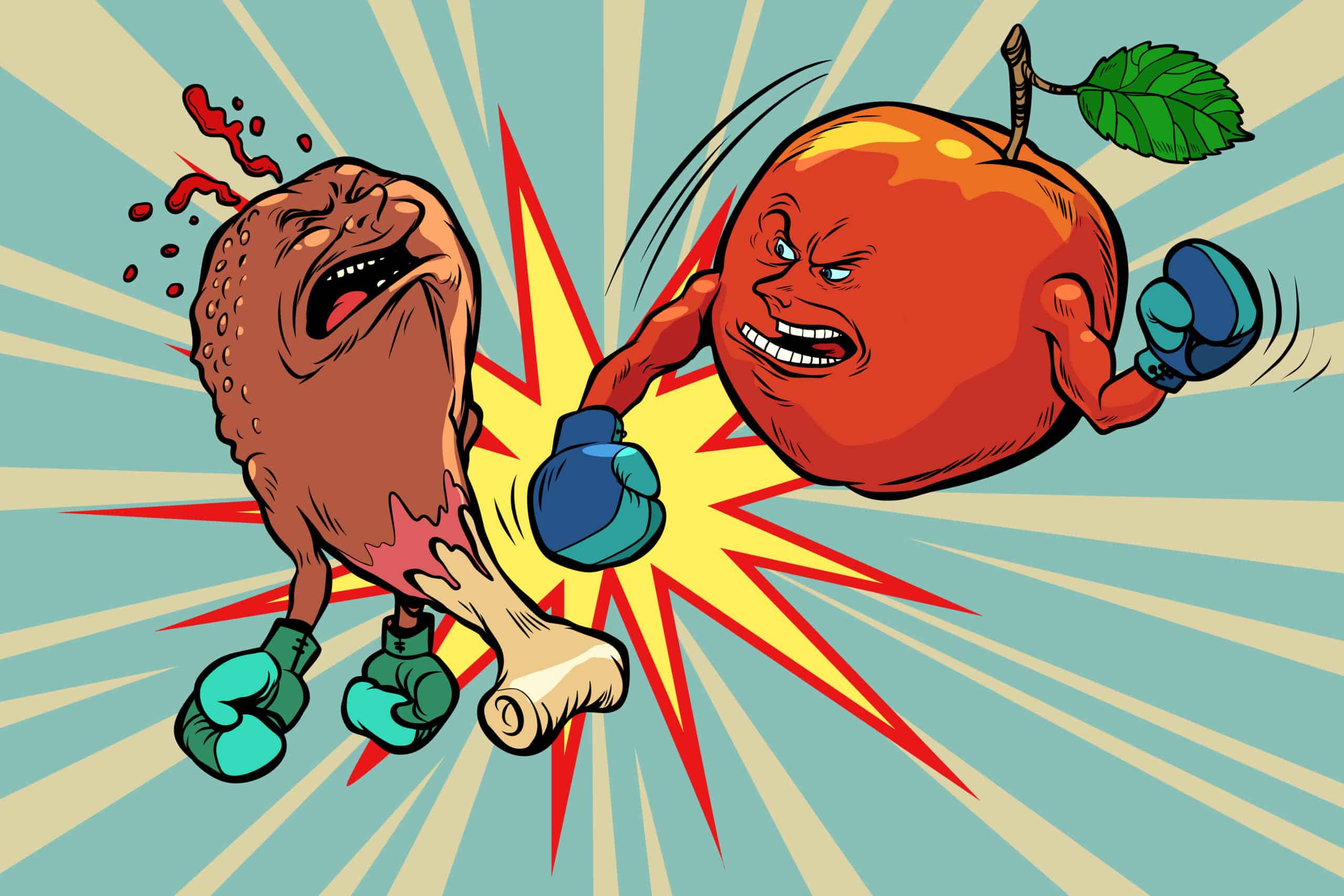
What are the challenges of a Vegetarian Diet?
There are certain challenges when it comes to following a vegetarian diet. Like if your family demands that you dine at a steakhouse, or when your french fries unbeknownst to you, are cooked in animal fat. Although you can’t always avoid these blunders and may have to opt for a sad salad from time to time, these events do not mean you have failed at being vegetarian. It is normal to make mistakes, but it is also important to educate yourself on proper nutrition. A vegetarian diet can be hard to balance at first, with low protein intake, iron levels and B12 being common problems. Transitioning slowly and trying to incorporate a wide variety of high-protein and nutrient-dense foods is key.
How to transition to a Vegetarian Diet?
Transiting to a vegetarian diet is quite easy. Protein-rich cheeses, eggs and tofu are quick replacements for meat and poultry. While beans, lentils and nuts can also do in a pinch. Most restaurants have a vegetarian option on the menu, with many famous comfort foods such as mac’ n cheese already vegetarian. Even so, make sure to transition slowly.
Try changing at least one of your daily meals to a vegetarian alternative. Over time increase this to two vegetarian meals, then 3. Eventually, you will discover enough vegetarian meals you enjoy, that you won’t even have to think of what to make next.
How is a Vegan and Vegetarian diet similar?
Both vegans and vegetarians do not consume meat, poultry or fish. Ethical, moral, religious or dietary reasons are also all examples of why someone may switch to a vegan or vegetarian diet. Similarly, vegans and vegetarians both share a compassion for animals and are against animal cruelty.

What are some ways Vegan and Vegetarian diets differ?
While vegetarians only avoid consuming meat, poultry and fish, vegans go one step further, not consuming any animal by-products. Vegans are also unlikely to wear or use products that may contain or cause harm to animals.
What is the best advice for someone trying a new diet?
Discover what your motivation is. What is causing this sudden change? Are you just wanting to explore something new? Is this a spiritual journey or are you just looking to lose some weight? Your motivation will affect your experience. If you are trying to lose weight, but are consuming cheesy pasta and fast food, you might be disappointed. Talk to your doctor, nutritionist, friends, spiritual advisor, or fitness coach and explore your motivation, to make sure you are on the right steps to success.
Conclusion
Haven’t decided which diet you would like to try? That’s Ok! One of the most fun things about veganism and vegetarianism is trying out new cuisines.
Visit a vegan cafe or try a vegetarian dish, and have fun with it!
As you try more dishes and explore the communities you will discover what is right for you.

